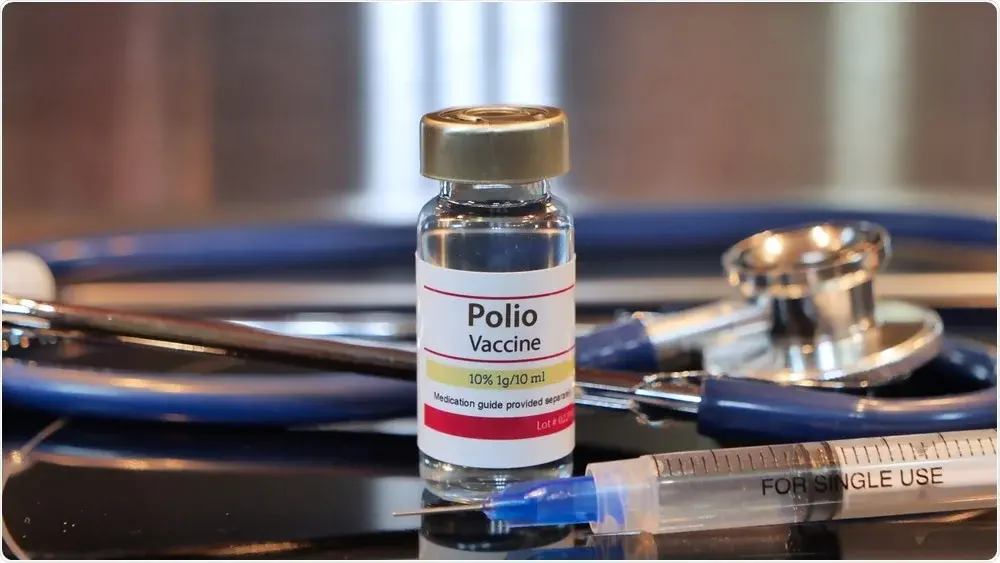WHO Launches Biomanufacturing Workforce Training Initiative for Global Health Resilience
The World Health Organization (WHO) has unveiled the WHO Biomanufacturing Workforce Training Initiative in response to the COVID-19 pandemic’s impact on global supply chains, particularly affecting low- and middle-income countries’ access to essential medical products. This initiative aims to address the shortage of biomanufacturing capacity and qualified workforce in LMICs, which hinders the local production of biological products crucial for addressing global health challenges. Coordinated by the Local Production and Assistance (LPA) Unit of WHO, in collaboration with the WHO Academy and WHO Science Division, the initiative will provide accessible and tailored training programs aligned with international standards. Dr. Jicui Dong, Unit Head of the LPA Unit, will lead the initiative, focusing on three pillars: existing capacity-building activities within WHO, the Global Training Hub for Biomanufacturing (GTH-B), and regional training centers. WHO’s capacity-building programs have a track record of success in providing technical assistance to manufacturers and Member States. These programs include virtual and hands-on training sessions tailored to real-life scenarios, promoting sustainable and quality local production. The GTH-B, established in 2023 with the Republic of Korea, offers training programs on manufacturing best practices and vaccinology to LMICs, including hands-on training in manufacturing facilities. Regional training centers, as recommended by the 2nd World Local Production Forum, will further enhance geographical diversity and resource synchronization. Expressions of interest for regional training centers to join the global network under the Biomanufacturing Workforce Training Initiative will be invited soon. By enhancing bioproduction capabilities in LMICs, the WHO Biomanufacturing Workforce Training Initiative seeks to strengthen global health resilience and address disparities in access to essential medical products. This initiative underscores WHO’s commitment to promoting equitable solutions and building a skilled workforce to combat current and future health challenges.
WHO Launches Biomanufacturing Workforce Training Initiative for Global Health Resilience Read More »




